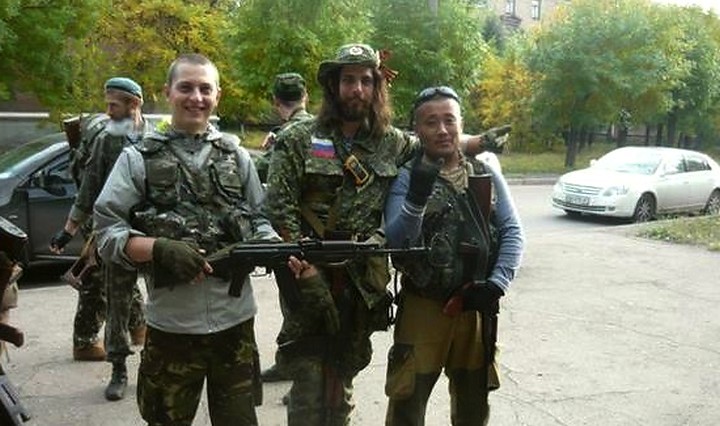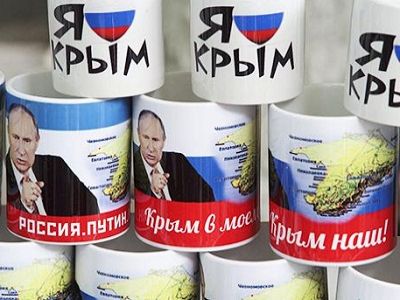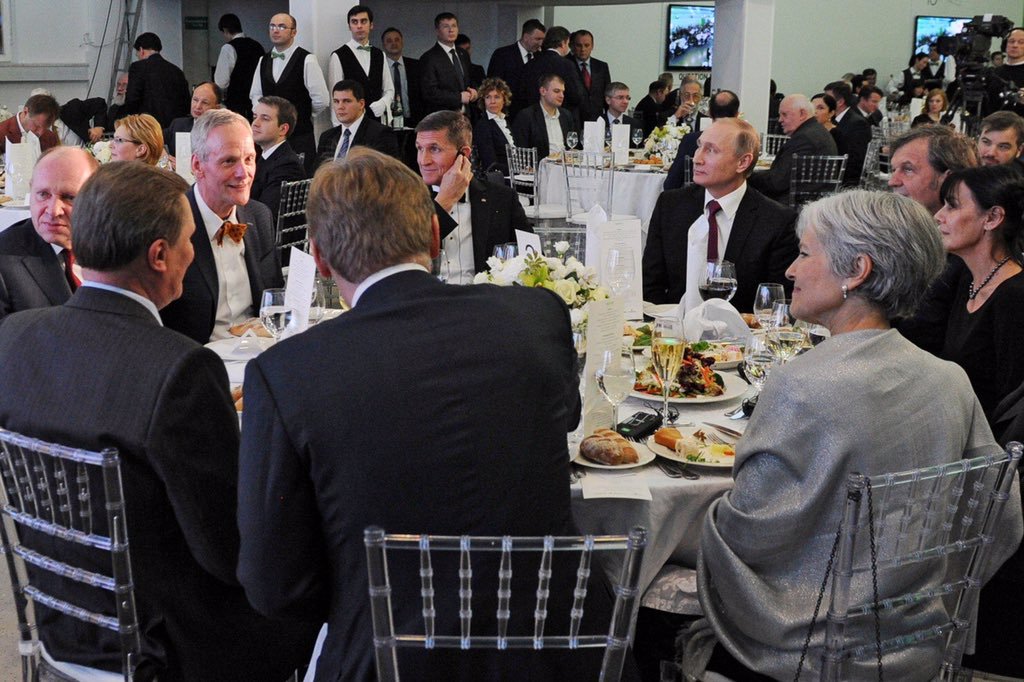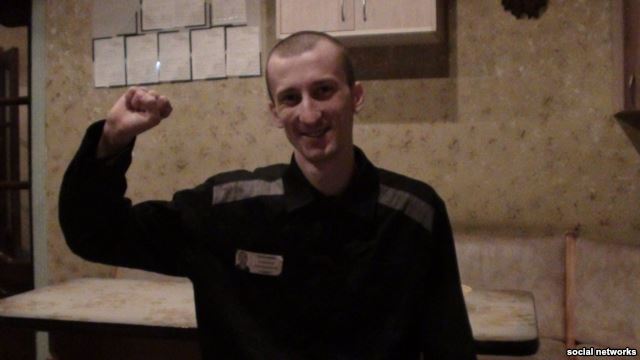Yesterday, Nikolay Patrushev, secretary of Putin’s Security Council, warned that Russia will face a serious terrorist threat if and when militants from Russia who have been fighting with various Islamist groups in the Middle East return home.
But he said nothing about what may be a more immediate and serious threat: the return to the Russian Federation of pro-Moscow “volunteers” who have been fighting in Ukraine, a group that is far more numerous than the relative handful of those in the Middle East and that consists largely but not exclusively of ethnic Russians.
Patrushev’s concentration on Islamist groups, of course, reflects Moscow’s desire to position itself with European countries and the West more generally as a potential victim of Islamist violence and thus to suggest to its own population and to the West that any measures it takes against such people are justified.
Russia’s record of dealing with the return of large numbers of people who have fought abroad either under orders from the government or freelance is not encouraging. In 1825, the Russian government brutally suppressed the Decembrist Uprising against the monarchy that was led by Russian officers who had seen Europe in the Napoleonic wars and hoped for better future at home.
After World War II, Stalin secured Western help in the forced repatriation of five million Soviet citizens who had found themselves abroad as a result of that conflict, executing many and sending many more to the GULAG lest they challenge his order. And even after his death, these people suffered the stigma of having that experience abroad recorded in their documents.
More recently, the veterans of the Soviet campaign in Afghanistan – the so-called “Afgantsy” – sparked a crime wave at the end of Soviet times and formed a significant portion of the criminal underworld in the 1990s, where their ranks were swelled by Russians demobilized after fighting in the two post-Soviet Chechen wars.
Now, with thousands of Russian citizens who have been sent to fight in Ukraine by Moscow or who have volunteered to do so at the point of a possible return, Moscow faces at least three challenges about which Patrushev and his colleagues in the Kremlin are likely concerned even if they do not speak about it yet in public.
First, most of these groups have been radicalized by the experience of fighting in the Donbas and support radical groups, some allied with Putin like the Anti-Maidan but others very much not. They are thus likely to become involved in street politics, and because of their experience with weaponry, they are likely to become increasingly violent.
The experience of the Freikorps movements in Germany in the 1920s whose members helped power the rise of Hitler may be instructive in this regard. The Nazis were delighted to have their backing, until Hitler took power. Then, recognizing the threat such people posed because of their radicalism, they were suppressed in the Rohm Purge and other actions.
Second, some of those “veterans” of the Ukrainian fighting who do not become politically active are likely to move into the Russian criminal world, leading to possibly dramatic rises in violent crime. That prospect is all the more likely given the dire economic straits many of them will face on returning home.
And third, those non-Russians who have gone to fight for Moscow in Ukraine are likely to create problems as well. While they are not terribly numerous except for the Chechens, some of their number are likely to be radicalized as well, and on returning home, they may turn their anger either at their own non-Russian governments or at the Moscow authorities who back them.
In either case, they too will present a problem for Putin, yet another unfortunate result for Russia and Russians of his criminal policies in Ukraine.





